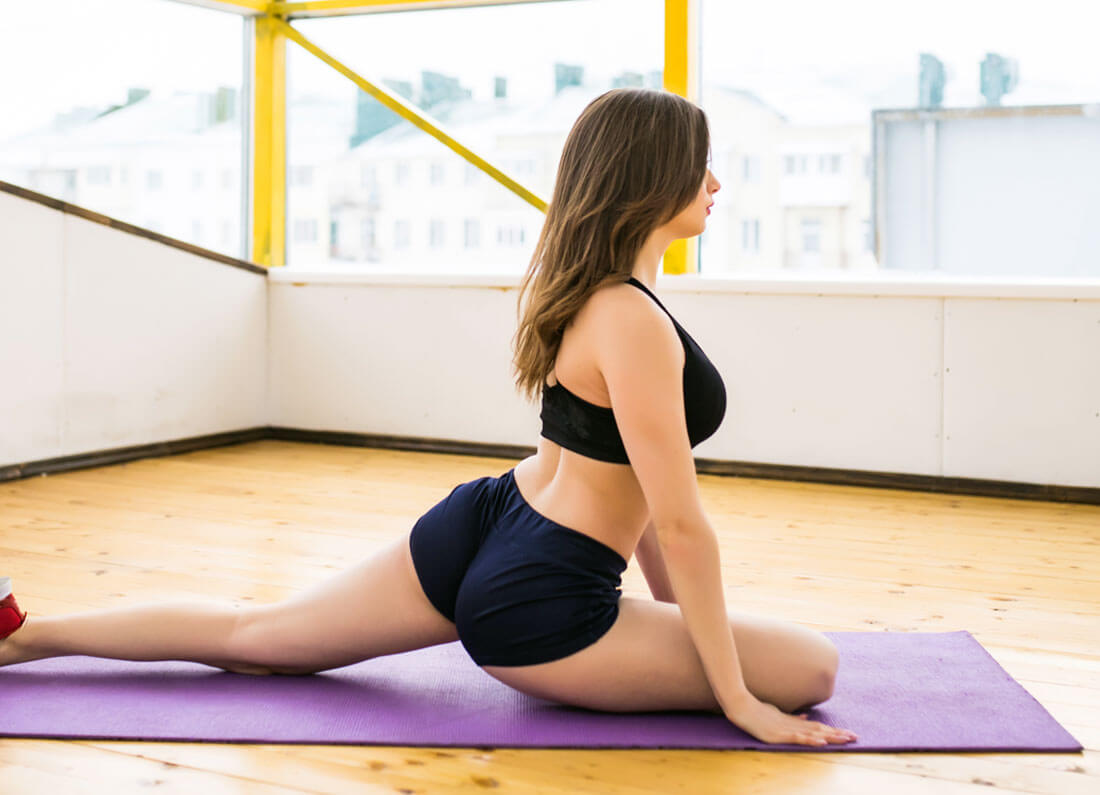Yoga and meditation have been practiced for centuries, offering numerous benefits for both the mind and body. In today’s fast-paced world, more people are turning to these ancient practices to reduce stress, improve health, and enhance overall well-being. Whether you are a beginner or an experienced practitioner, incorporating yoga and meditation into your daily routine can bring significant positive changes.
Key Benefits of Yoga & Meditation
1. Stress Reduction
Both yoga and meditation are known for their calming effects, helping individuals manage stress and anxiety effectively. Deep breathing exercises and mindfulness techniques promote relaxation and mental clarity.
2. Improved Flexibility and Strength
Yoga poses, also known as asanas, help to increase flexibility, muscle strength, and endurance. Regular practice can improve posture and prevent injuries.
3. Enhanced Mental Clarity
Meditation enhances focus, concentration, and cognitive function. It allows individuals to gain better control over their thoughts and emotions, leading to improved decision-making.
4. Better Sleep Quality
Practicing yoga and meditation before bedtime can help calm the mind and body, leading to improved sleep quality and a more restful night.
5. Boosted Immune System
Yoga and meditation contribute to overall health by reducing stress, which can weaken the immune system. Regular practice helps the body fight off illnesses and recover faster.
6. Emotional Balance
Yoga and meditation help individuals develop emotional resilience and self-awareness. Practicing mindfulness can aid in managing emotions and promoting a positive mindset.
7. Increased Energy Levels
Yoga postures and breathing techniques boost energy levels and help in combating fatigue, keeping individuals active throughout the day.
8. Supports Heart Health
Studies have shown that yoga can lower blood pressure, reduce cholesterol levels, and improve cardiovascular health.
9. Pain Management
Yoga can be beneficial for individuals suffering from chronic pain conditions, such as arthritis, lower back pain, and migraines.
10. Encourages Mindfulness
Meditation cultivates mindfulness, helping individuals live in the present moment and appreciate life more fully.
FAQs About Yoga & Meditation
1. How often should I practice yoga and meditation?
For optimal benefits, practicing yoga and meditation at least 3-5 times a week is recommended. Even a few minutes daily can have a positive impact.
2. Can yoga help with weight loss?
Yes, yoga can aid in weight loss by improving metabolism, reducing stress-related eating, and promoting mindful eating habits.
3. Is meditation difficult for beginners?
Meditation can be challenging initially, but with consistent practice, individuals can develop greater focus and patience.
4. What is the best time to practice yoga and meditation?
Morning practice can help set a positive tone for the day, while evening sessions can aid in relaxation and better sleep.
5. Do I need special equipment for yoga?
A yoga mat is typically all you need. Comfortable clothing and a quiet space can enhance the experience.
6. Can meditation help with anxiety and depression?
Yes, meditation has been shown to reduce symptoms of anxiety and depression by promoting a sense of calm and self-awareness.
7. Are there different types of meditation?
Yes, common types include mindfulness meditation, guided meditation, transcendental meditation, and loving-kindness meditation.
8. Can children practice yoga and meditation?
Absolutely! Yoga and meditation can benefit children by improving focus, emotional regulation, and physical fitness.
9. How long does it take to see benefits from yoga and meditation?
Some benefits, like stress relief, can be felt immediately, while others, like flexibility and strength, develop over time with consistent practice.
10. Are yoga and meditation linked to any religious beliefs?
While yoga and meditation have roots in spiritual traditions, they are widely practiced as secular activities for health and well-being.
Conclusion
Yoga and meditation offer a holistic approach to improving both physical and mental well-being. By incorporating these practices into daily life, individuals can experience greater balance, inner peace, and overall health.












